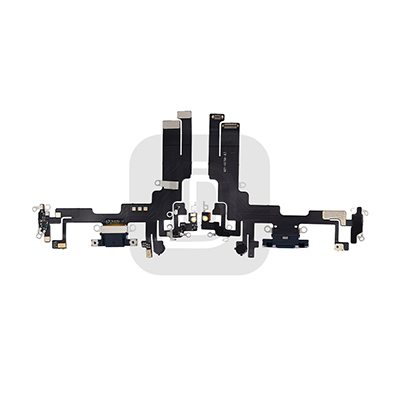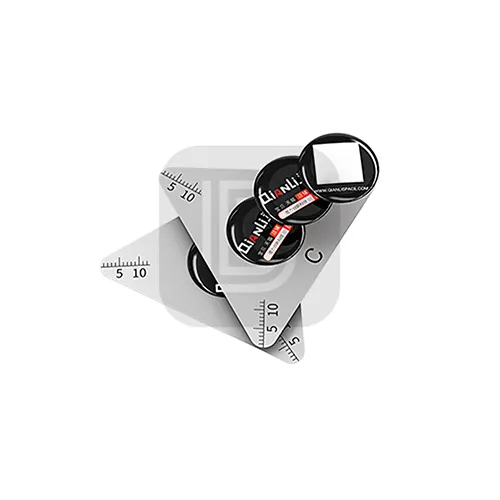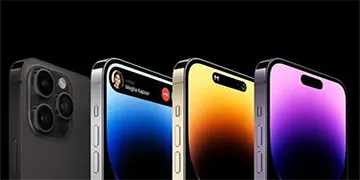Are sky-high maintenance fees justified?
Apple’s repair policy has always been notoriously expensive.
Take the latest iPhone 15 Pro Max model as an example. Without purchasing AppleCare+, the price of screen replacement is as high as 3,198 yuan.
There have even been news reports that users were charged a sky-high 14,000 yuan in repair fees when repairing their iPhones.
Although the news content is indeed exaggerated, it also reflects the general impression of users on Apple’s repair policy to a certain extent.

Apple official adjusts maintenance policy
As time goes by, Apple has also quietly made adjustments and improvements to its own repair policies.
For example, the “self-made repair service” launched for the first time in 2022 provides a more affordable and convenient repair channel for users who are good at doing things.
Recently, Apple once again officially announced a change to further relax its iPhone repair policy.
On April 11, Apple issued an official press release on its U.S. official website, officially announcing its plans to adjust its iPhone repair policy this year.
First of all, Apple will allow used second-hand official iPhone accessories to have all the functions of new original accessories without imposing any restrictions on this.
The most intuitive one is undoubtedly the assembly of Face ID related components. There have been many problems before that the Face ID function cannot be used normally after replacing this component.
With the adjustment of this policy, when the iPhone is installed with second-hand original accessories, it can also provide users with normal functions through automatic calibration of the accessories.

Simplify the repair process
At the same time, in order to simplify the repair process, when users purchase parts from Apple’s self-service repair stores, if the parts do not involve replacing the logic board for repair purposes, they will not need to provide the serial number of the device.
Finally, it is a feature that Apple is about to launch in response to frequent iPhone theft incidents.
Specifically, Apple will extend the activation lock function to iPhone parts to prevent stolen iPhones from being dismantled and sold.
If the device being repaired is detected as containing a part from another iPhone that has triggered Activation Lock, the calibration functionality of the part will be limited and will not function properly.In short, the previous ridicule of stolen iPhones being transported to Huaqiangbei overnight may become a thing of the past.
According to Apple, the above policy adjustments will take effect on some iPhone models this fall and are expected to be launched through software updates.
It is worth noting that this press release was not published on Apple’s official website in China, which may mean that this series of changes will not be included in the national iPhone in the early stages.

But I believe that as time goes by, Apple’s comprehensive maintenance policy will become a general trend.
For example, a bill passed by the state of Oregon in the United States showed that mobile phone manufacturers will be prohibited from using “parts matching” methods.
This may mean that Apple’s criticized parts matching policy is expected to be outlawed, and there will no longer be any restrictions on third-party iPhone repairs.
Not only that, the annoying original verification pop-up window may also be cancelled.
But in any case, this is undoubtedly a positive signal for users.
After repair restrictions are gradually lifted, users will also have more options when repairing iPhones

















